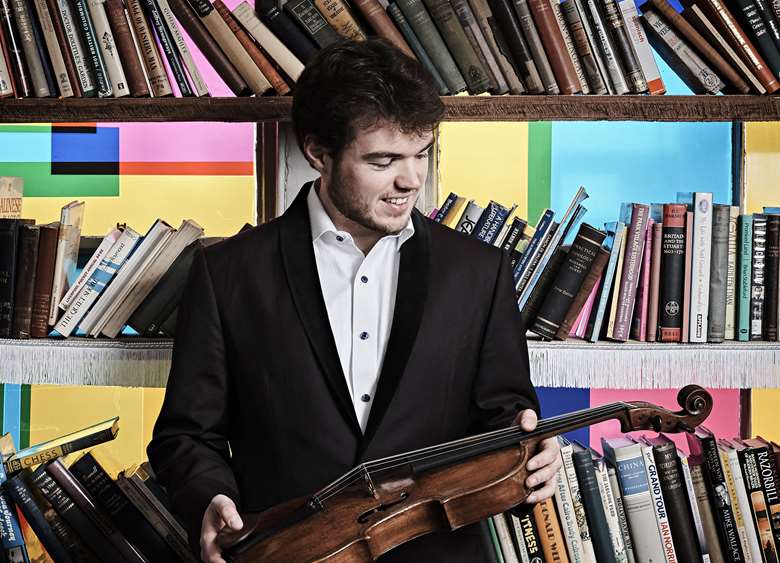Artist Managers: ‘YCAT helped me see the danger of burn-out as a young player’
Andrew Green
Monday, August 5, 2024
As the Young Classical Artists Trust celebrates its 40th anniversary this year, Andrew Green looks back across YCAT's history and talks to some of the musicians who have benefitted from its support


Register now to continue reading
Don’t miss out on our dedicated coverage of the classical music world. Register today to enjoy the following benefits:
- Unlimited access to news pages
- Free weekly email newsletter
- Free access to two subscriber-only articles per month



